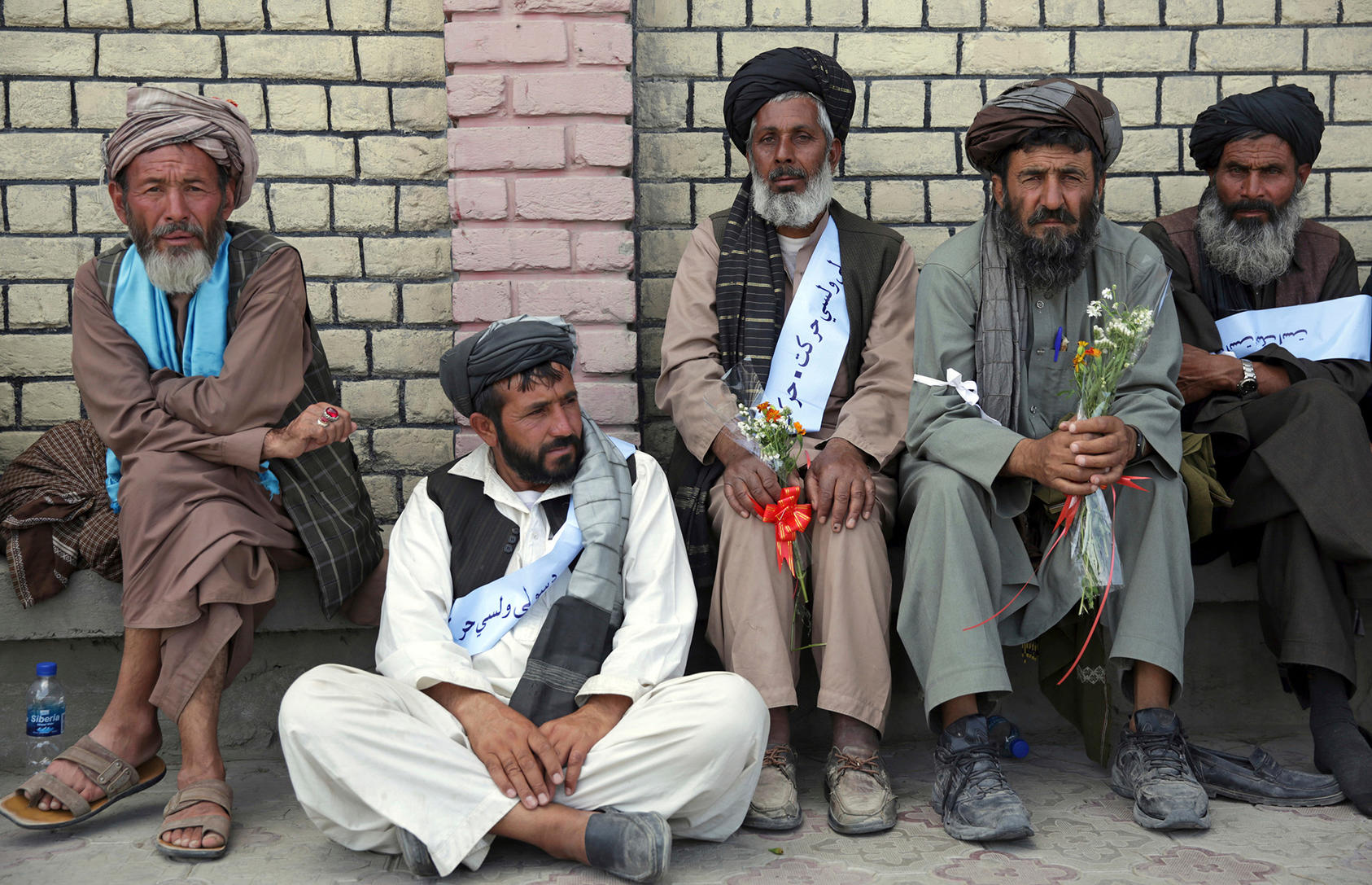Perspectives on Peace from Taliban Areas of Afghanistan
Notably absent from the debate around peace in Afghanistan are the voices of those living in parts of the country that have borne the brunt of the fighting since 2001—particularly those living in areas under Taliban control or influence. This report provides insight into how Afghan men and women in Taliban-influenced areas view the prospects for peace, what requirements would have to be met for local Taliban fighters to lay down their arms, and how views on a political settlement and a future government differ between Taliban fighters and civilians.

Summary
- For noncombatants living in areas of Afghanistan under Taliban control or influence, the greatest desire is for an end to violence. Although many Taliban fighters also are tired of the conflict, they express little desire to lay down arms until their goals are achieved.
- Taliban members consistently articulated two objectives—withdrawal of US forces and establishment of a “truly” Islamic government. However, few had concrete ideas on how such a government would differ from the current Islamic republic beyond strict implementation of sharia.
- Taliban members were broadly resistant to the idea of peace talks with the current Afghan government, which they view as un-Islamic and illegitimate, and objected to the idea of a power-sharing deal with the government.
- Both noncombatants and Taliban members alike assume that under any peace deal, the Taliban would retain control in its strongholds and seek to consolidate power in currently contested areas.
- The majority of women in Taliban-controlled areas, including those married or otherwise related to Taliban fighters, strongly objected to the Taliban’s restrictions on their lives, particularly on their movement and access to health care and education.
- There was a strong sense that the legacy of the conflict must be addressed as part of any peace process. Justice was seen as a mix of punishment for the most egregious offenses and forgiveness. At the local level, a structured, legitimate process of acknowledgment, atonement, and forgiveness will need to be created.
About the Report
This paper examines perspectives on peace and reconciliation among people living in areas of Afghanistan where the Taliban have significant influence or control. Based on interviews with noncombatants, local Taliban members, and senior Taliban leadership, this study offers insights into their views on peace talks and the prospects for postwar reconciliation and justice. This research was funded by the Norwegian Ministry of Foreign Affairs and facilitated by the Conflict, Security and Development Research Group at King’s College London.
About the Author
Ashley Jackson is an associate researcher at the Conflict, Security and Development Research Group at King’s College London. Her work focuses on mediation with insurgencies, and she has published extensively on Afghanistan, where she served as a political affairs officer with the United Nations Assistance Mission to Afghanistan and as head of policy for Oxfam.



